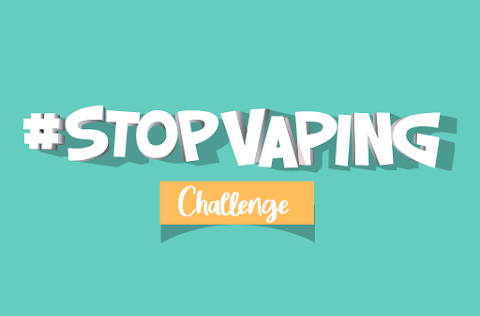Abstract
Background: As regulation of tobacco products tightens, there are concerns that illicit markets may develop to supply restricted products. However, there are few validated measures to assess attitudes or purchase intentions toward contraband tobacco (CT). As such, it is important to investigate individual level characteristics that are associated with the purchase and use of contraband tobacco.
Methods: In May 2013, a pilot survey assessed attitudes, behaviors, and purchase intentions for contraband tobacco based on previous research regarding non-tobacco contraband. The survey was administered via Amazon Mechanical Turk, a crowdsourcing resource, among current smoking respondents in the United States and Canada. Structural equation modeling was used to evaluate the validity of the proposed model for understanding attitudes toward contraband tobacco.
Results: CT purchasers were more likely to report norms supportive of counterfeit products, more intentions toward purchasing counterfeit products, a lowered risk associated with these products, and to have more favorable attitudes toward CT than those who had not purchased CT. Attitudes toward CT mediated the relationship between subjective norms and prior purchase with behavior intentions. Perceived risk had a significant direct effect on intentions and an indirect effect through attitudes toward CT. The structural model fit the data well and accounted for over half (53%) of the variance in attitudes toward tobacco.
Conclusions: Understanding the mechanisms associated with CT attitudes and purchase behaviors may provide insight for how to mitigate possible iatrogenic consequences of newly implemented regulations. The measures developed here elucidate some elements that influence attitudes and purchase intentions for CT and may inform policy efforts to curtail the development of illicit markets.
Author(s): Sarah Adkison, Richard O’Connor, Michael Chaiton, and Robert SchwartzDate: March 2015
Type of Publication: Journal Article


 Download directly from your phone’s app store, or through the following links:
Download directly from your phone’s app store, or through the following links: 




